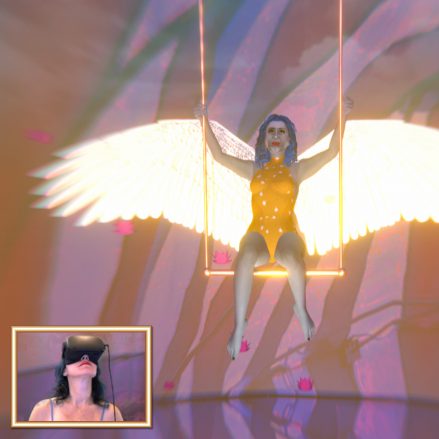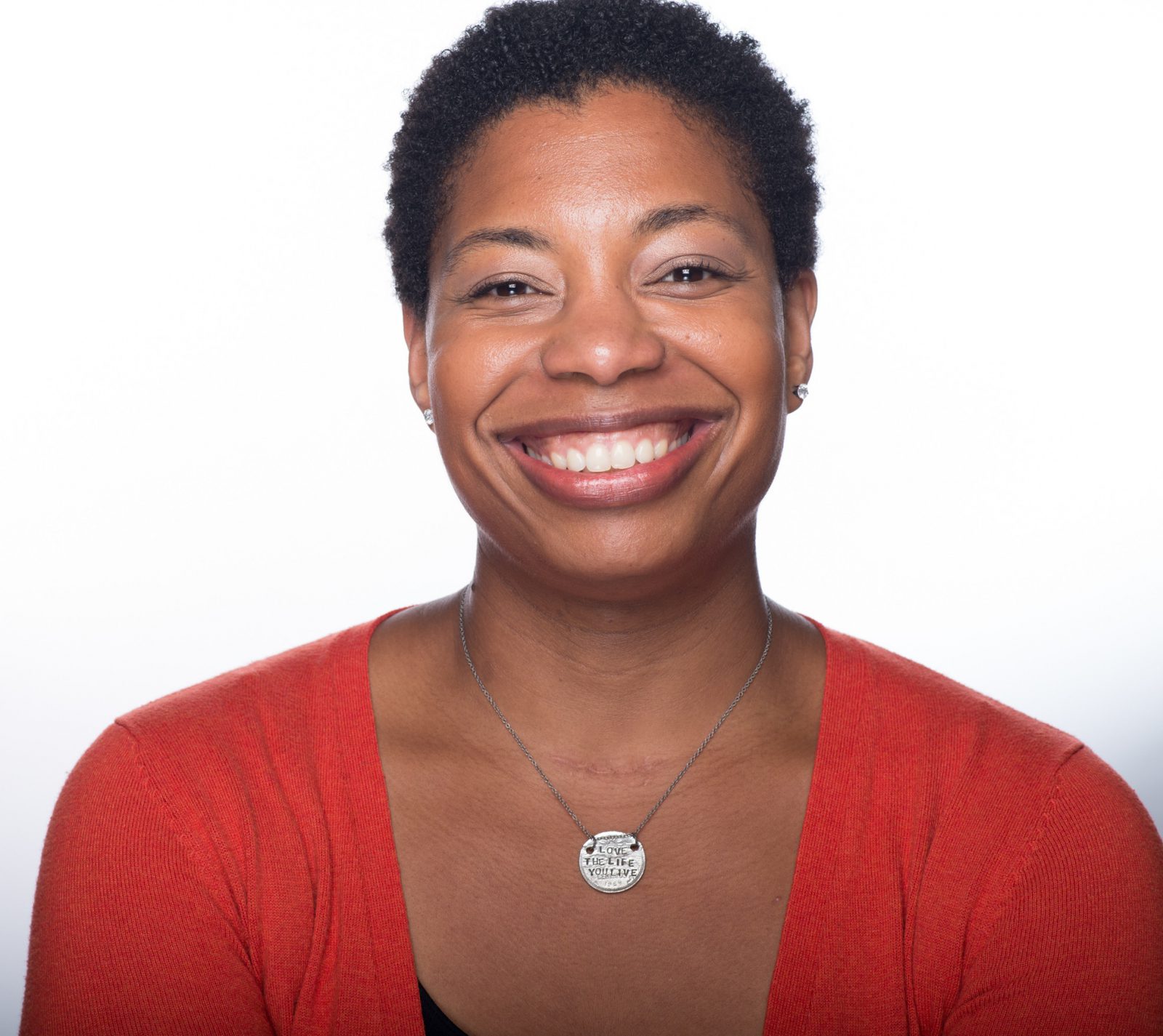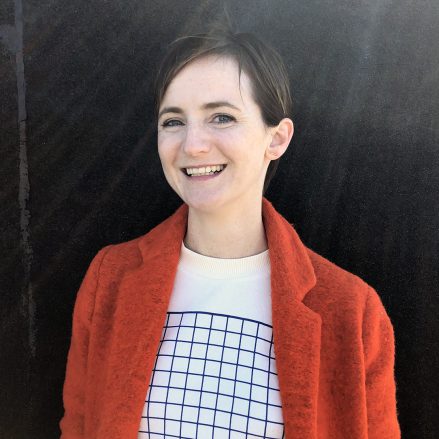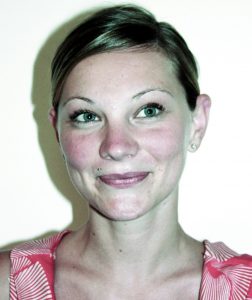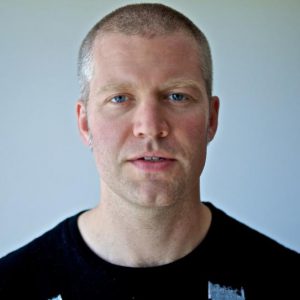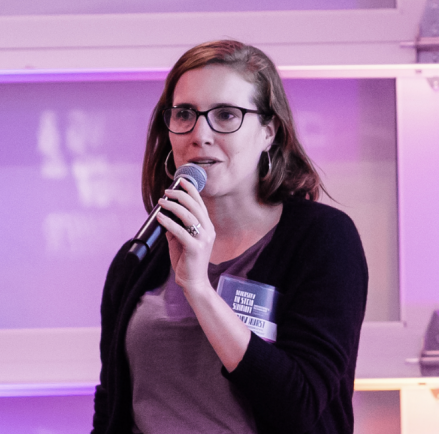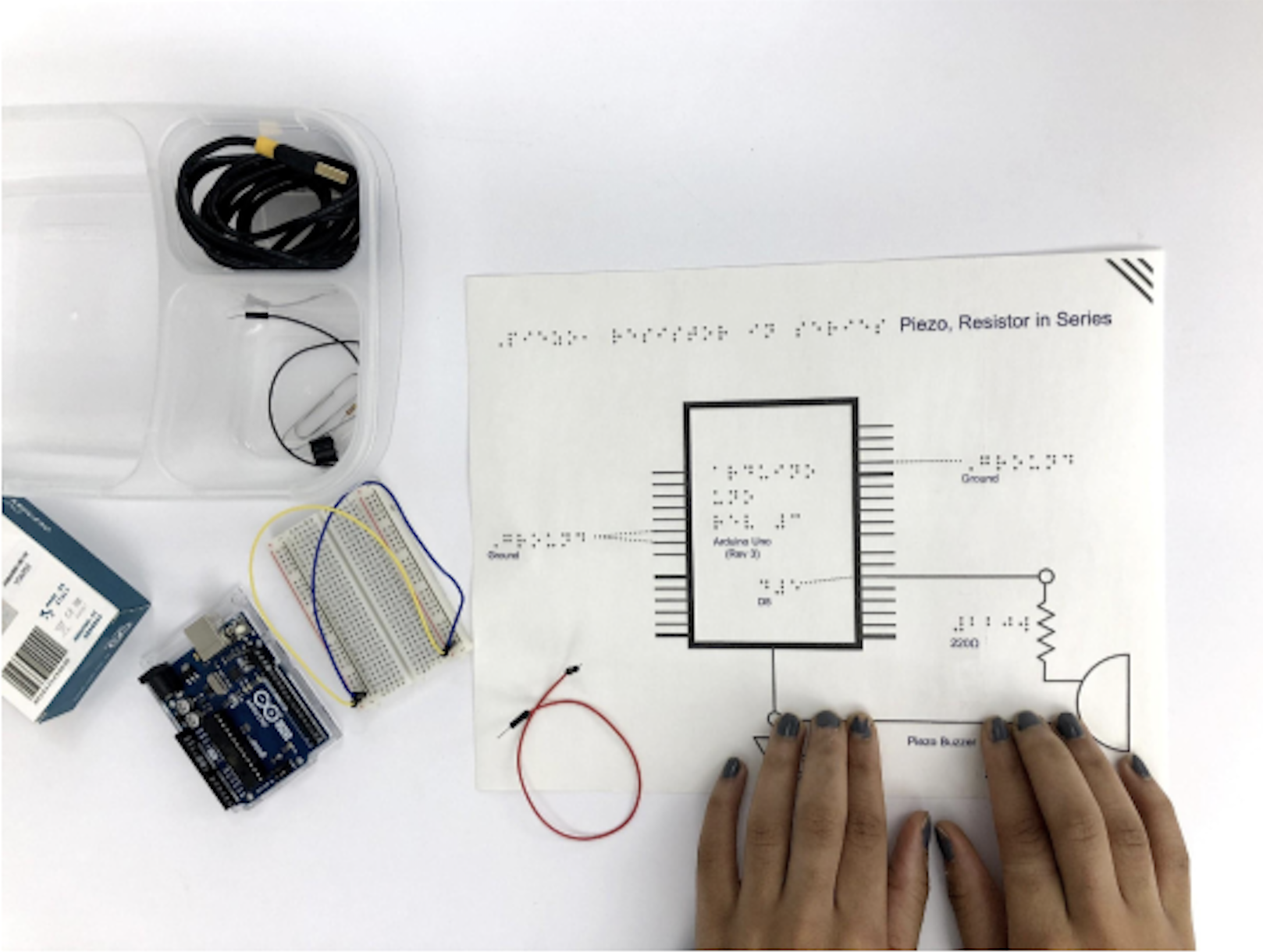Carla Gannis produces media objects and experiences that consider the uncanny complications in contemporary culture between base reality and virtual reality. Her research interests include phenomenology as it pertains to synthetic media experiences, digital semiotics, virtual selfhood, electronic archives, and the implications of extended reality and artificial intelligence on society and culture. Gannis takes a horror vacui approach to her artistic practice, culling inspiration from networked communication, art and literary history, emerging technologies and speculative design.
Gannis’s personal interests include (in no particular order) reading, watching, or playing works of speculative fiction; taking long walks; advocating social change for a more just and equitable society and environment; listening to podcast interviews with physicists; art of the past and present; exploring the potential of blockchain technology; and trying to find balance between computer screen time and physical reality immersion.
TOOLS + MEDIUMS OF PRODUCTION
Film/Video, Photography, AR/VR/XR, Visual Communications /Graphic Design, Digital Fabrication/ Prototyping, 3D Modeling, Animation, Web & Network Technologies, Media Art, Artificial Intelligence (front end working with GANs models)
METHODS + APPROACHES
Digital Storytelling, Art History, Digital Humanities, Speculative Design, Critical Design, Algorithmic Design, Decolonising Design, New Media Art, Digital Art
TOPICS + THEMES
User Experience, Media Studies, Social Justice, Gender Theory, Social Practice, Education, Posthumanism, Post-Cyberfeminism, Digital Absurdity, Computational Humor


